5Gringos Casino: Miejsce docelowe dla gier kasynowych
6 de abril de 2023Kasyno Online Na Prawdziwe Pieniądze
18 de abril de 2023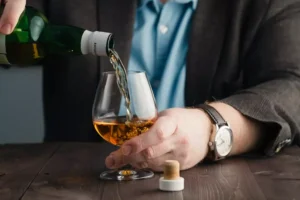
It can mean more time for your other interests, and even new interests. More time to meet new people, catch up with old friends and try new things. In order to change your drinking habits, your first step is to take a close look at your current behaviors and find patterns. We aim to change how you feel about your drinking so that getting free becomes easy, enjoyable and you do not miss anything. Of course not, in fact – most people who marijuana addiction stop drinking with Allen Carr’s Easyway do so without any unpleasantness at all.
- However, when alcohol makes up part of your typical routine, drinking can become something of an automatic response, especially when you feel stressed or overwhelmed.
- You’re not the only one, given that millions of people have started to think about alcohol a little differently in the last few years.
- Being dependent on alcohol means you feel you’re not able to function without it and means stopping drinking can causes physical withdrawal symptoms like shaking, sweating or nausea.
- You need to find new hobbies to take the place of things you used to do while drinking.
What is withdrawal?
If you think you might have an alcohol use disorder, there are evidence-based treatment options that can help you to quit drinking. Learning about your options can help you decide what might work best for you. Cravings for alcohol can be intense, particularly in the first six months after you quit drinking. Good alcohol treatment prepares you for these challenges, helping you develop new coping skills to deal with stressful situations, alcohol cravings, and social pressure to drink. But we know you can find a healthier, happier way to live with the right tools and support system.
What Is Alcohol Use Disorder (AUD)?
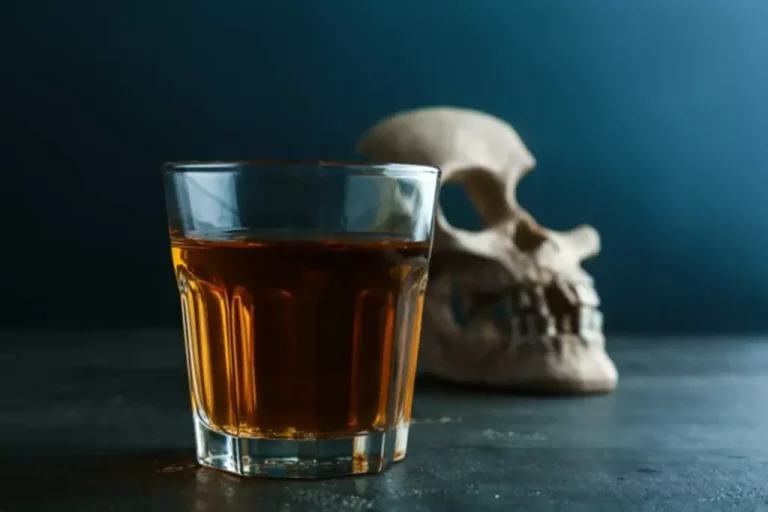
If you’re a long-term, heavy drinker, you may need medically supervised detoxification. Detox can be done on an outpatient basis or in a hospital or alcohol treatment facility, where you may be prescribed medication to prevent medical complications and relieve withdrawal symptoms. Talk to your doctor or an addiction specialist to learn more. These symptoms can happen even if you used to drink at relatively low levels, if you were drinking regularly. For most people they pass quite quickly, and are just a temporary blip before they start to feel the benefits of cutting out alcohol. But if you experience these symptoms for more than about five days after stopping or find them particularly troublesome, your GP will be able to offer some advice.
ways to curb your drinking
- There are times when cutting back on your drinking can be helpful, but there are times when quitting alcohol altogether is the best solution.
- People dealing with less obviously destructive addictions like pornography or food typically fare even worse.
- If you are expected to have mild withdrawal, you may be able stay home.
- Some people may think the only way to deal with it is with willpower, as if it’s a problem they have to work through all on their own.
- By Kendra Cherry, MSEdKendra Cherry, MS, is a psychosocial rehabilitation specialist, psychology educator, and author of the «Everything Psychology Book.»
You can also benefit from the shared experiences of the group members and learn what others have done to stay sober. Let friends, family members, and co-workers know that you’re trying to stop or cut back https://ecosoberhouse.com/ on drinking. If they drink, ask them to support your recovery by not doing so in front of you. One of the best places to find support outside of your network of family and friends is at support groups, like AA (Alcoholics Anonymous). People in AA are either working to become sober or are in recovery. They see the pain and struggles and reality of addiction that you may feel others can’t begin to comprehend.
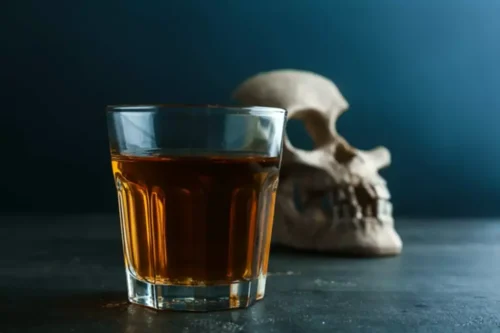
Understand Detox
A therapist can help you uncover key insights regarding your alcohol use and offer tools that will set you up for successful and satisfying long-term recovery. As you change your drinking, it’s normal and common to have urges or a craving for alcohol. The words “urge” and “craving” refer to a broad range of thoughts, physical sensations, or emotions that tempt you to drink, even though you have at least some desire not to.
- If you follow these tips, you’ll finally be able to get your drinking under control.
- Potential solutions might include looking for low-cost treatment options, joining a support group, and talking to a mental health professional.
- It’ll feel easier having one less drink than going totally tee-total and you may not miss it so much from your day.
- Remind yourself of the reasons you chose to quit and focus on the benefits of sobriety.
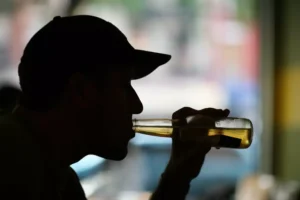
Looking to take on a sobriety challenge, like Dry January? Or maybe it’s a pregnancy that made you realize it’s time to stop drinking. Or maybe you’re just looking to improve your health, wake up hangover-free and give your liver (and your heart and brain) a break. Say you don’t have any cravings when you go without drinking. All the same, “a quick drink” often turns into three or four drinks.
NA and Other Peer Support Groups for Drug Addiction
- For some people, it’s best to get professional help when creating your reduction plan.
- Mainstream advice recommends cutting down gradually to control your alcohol intake.
- People who are still drinking are not prescribed acamprosate.
12-step facilitation therapy is an engagement strategy used in counseling sessions to increase an individual’s active involvement in 12-step-based mutual-support groups. Ultimately, there is no one-size-fits-all solution, and what may work for one person may not be a good fit for someone else. Simply understanding the different options can be an important first step.
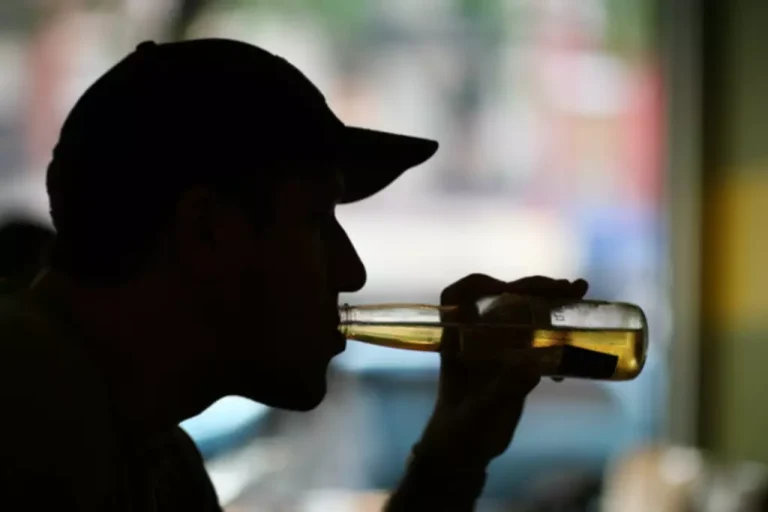
Seek emergency medical help if you experience any of the following withdrawal symptoms:
Many people in recovery discovered that mental health disorders, such as PTSD, anxiety, depression, ADHD, etc., and trauma helped to fuel their unhealthy relationship with alcohol. Try hobbies and self-care activities that make you feel relaxed, proud of yourself, included, and mentally and physically healthy. It’s important to acknowledge that everything you try won’t be right for you. Keep trying until you find the activities that resonate with your passions and ultimate wellness How to Stop Drinking goals. Alcohol cravings are an inevitable part of detoxing and getting sober.
